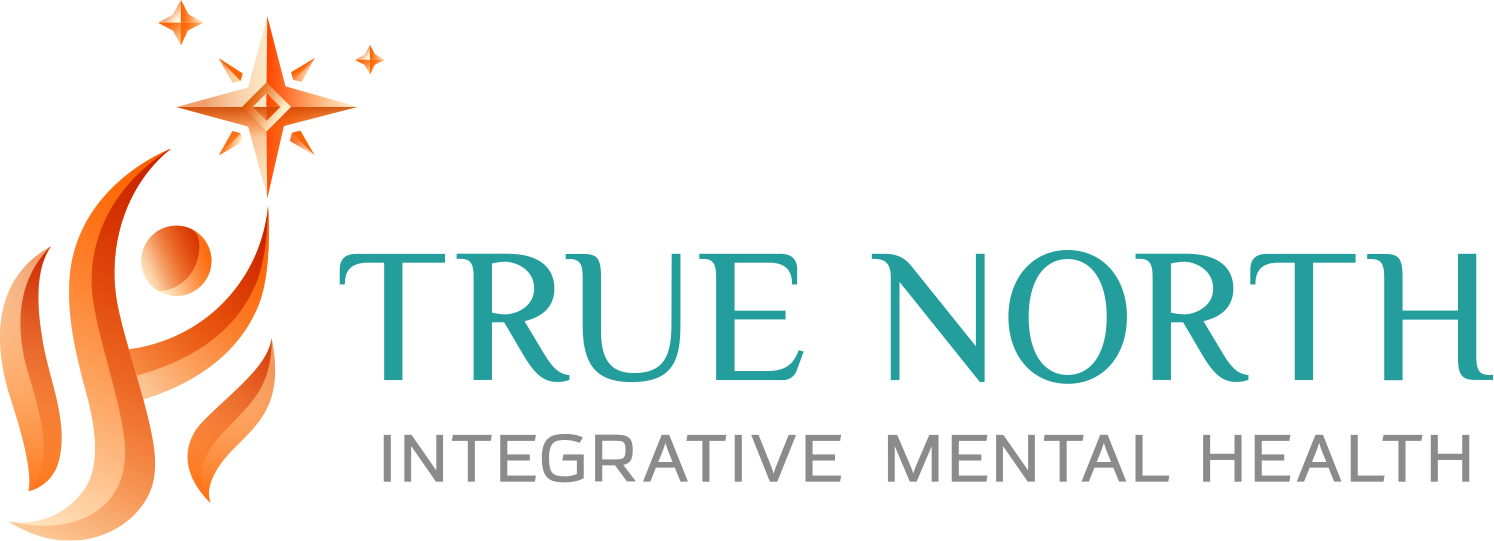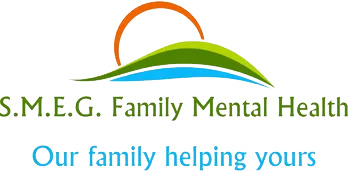By Matt Rodriguez
•
April 1, 2025
TMS therapy is a non-invasive treatment that offers relief for mental health conditions when other approaches fall short. This article explores how TMS works, its growing use in North Carolina, and what to expect from treatment. What is TMS Therapy? Transcranial Magnetic Stimulation (TMS) is a noninvasive procedure that uses magnetic fields to activate nerve cells in the brain. The U.S. Food & Drug Administration (FDA) first approved TMS for depression in 2008 and has licensed the therapy for treating obsessive-compulsive disorder (OCD), migraines, and smoking cessation. The therapy is mostly used in treatment-resistant depression , providing antidepressant relief to those who haven’t benefited from conventional therapies. TMS works by stimulating brain regions that are underactive in mental health conditions and promotes the release of neurotransmitters that regulate mood and reward. TMS also enhances the connections between nerve cells, known as synaptic plasticity , which may help “re-wire” dysfunctional brain circuits and improve the activity of neural networks. At True North Integrative Mental Health (IMH) in Greenville, North Carolina, we offer TMS therapy to help relieve severe mental health disorders. We've witnessed its remarkable ability to reduce symptoms when traditional treatments have failed. TMS in North Carolina Between 2020 and 2022, a population study found that 17% of adults in North Carolina reported symptoms of depression. There is a growing need for effective treatment in North Carolina and beyond, with rates of mental health disorders continuing to rise. An estimated third of patients with depression don’t respond to conventional treatment (antidepressants and talk therapy), but TMS could provide a solution. Numerous studies published in recent years have shown the effectiveness and safety of TMS in depression and other conditions. A 2022 study on patients with TRD found that those who received treatment had a significant reduction in symptoms. By the study's end, 63% responded to treatment , 15% partially responded, and 42% achieved remission. As evidence continues to grow, TMS is gaining wider acceptance in North Carolina and across the U.S., leading to an increase in clinics offering this treatment. At TrueNorth IMH, we are dedicated to enhancing mental well-being in Pitt County by providing affordable TMS services. With a holistic approach to mental wellbeing, we also offer individual and group therapy to help foster long-term relief and lasting success. What to Expect from TMS Sessions If you’re interested in TMS in North Carolina, here’s what to expect from treatment. Consultation You’ll first have a thorough consultation with a health professional to determine if the treatment is right for you based on your medical history. Initial phase A treatment plan typically includes sessions five days a wee k for four to six weeks but may vary depending on your unique needs and response. During each 20-minute TMS session, you’ll be sat comfortably while a device delivers magnetic pulses to the surface of your head. As a non-invasive , drug-free treatment , you’ll be able to resume your daily activities immediately afterward. However, you may experience mild side effects, including: Scalp discomfort at the treatment site Mild headaches Tingling or facial muscle spasms Temporary hearing changes It typically takes two to four weeks for patients to start noticing changes after beginning therapy. During your therapy course, you’ll have meetings with a healthcare professional to assess progress. Maintenance doses Not all TMS patients require maintenance therapy . Many individuals experience long-lasting symptom relief after completing an initial course of treatment. However, you may need periodic booster sessions to maintain results, especially if your condition is particularly severe. These may be weekly, biweekly, or monthly, depending on your condition and response. Risks of TMS TMS is generally considered safe, but there are some potential long-term risks to be aware of. One concern is the possibility of seizures , especially in people who have a history of epilepsy or other seizure disorders. However, studies show this risk is low, occurring in less than one percent of patients. There have also been cases of TMS-induced mania , but these have also been extremely rare. To prevent these risks, you won’t be eligible for TMS if you have: History of seizures or epilepsy Implanted medical devices (e.g., pacemakers) Metal implants in or near the head Severe psychiatric disorders, such as psychosis Pregnancy (due to unknown effects on this population) At True North IMH, we thoroughly screen our patients to help ensure that TMS is safe and that benefits outweigh any potential risks. Benefits of TMS at True North, North Carolina At True North, we provide personalized TMS care tailored to each individual's needs, ensuring a supportive and effective treatment experience. Our additional services include talk therapy, medication management, and functional medicine. Here are some benefits of TMS at our clinic: Insurance-Covered Therapy : TMS is often covered by insurance, making it an accessible treatment option for many patients seeking relief from depression. No Need for Additional Medication : TMS therapy does not require the use of other medications, allowing patients to explore a non-pharmaceutical approach to managing their mental health. Minimal Side Effects : TMS is associated with relatively few side effects, and any that do occur are usually temporary, making it a well-tolerated treatment option. Sustained Relief : Many patients experience long-lasting relief from their symptoms following TMS therapy, improving their overall quality of life. If you’re interested in learning more about our mental health services, be sure to get in touch via phone or email.







